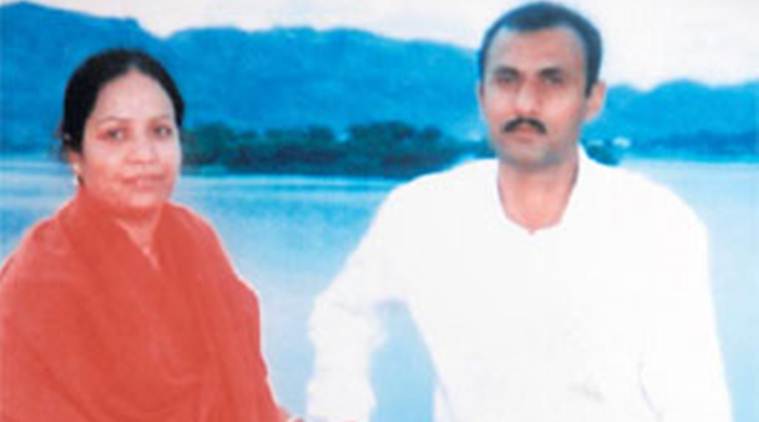Special CBI court’s verdict in Sohrabuddin case unravels UPA’s political plot
The verdict exposes the conspiracy of the Congress-led UPA government to frame Gujarat’s then minister of state for home, Amit Shah, and by extension, the-then chief minister, Narendra Modi.

On December 21 last year, Special CBI judge S J Sharma acquitted all the 22 accused, including 21 serving and retired police personnel from Rajasthan, Gujarat and Andhra Pradesh, in the alleged fake encounters of gangster Sohrabuddin Sheikh, his wife Kausar Bi and his associate Tulsiram Prajapati more than a decade ago. The verdict exposes the conspiracy of the Congress-led UPA government to frame Gujarat’s then minister of state for home, Amit Shah, and by extension, the-then chief minister, Narendra Modi.
Delivering the verdict, Judge Sharma said though three agencies — the Gujarat ATS, CID and CBI — probed the case, they could not provide evidence that was “satisfactory” to prove the guilt of the accused beyond reasonable doubt. The CBI had claimed that Sohrabuddin was killed in a staged encounter on November 26, 2005 in Ahmedabad, and Kausar Bi was killed and her body disposed on November 29, 2005. On December 28, 2006, Prajapati, a witness in the case, was killed in an encounter in Gujarat.
While sharing the “agony and frustration that may have been caused to the society in general and the families of the deceased in particular by the fact that a serious nature of crime like this goes unpunished,” Judge Sharma minced no words in criticising the way the prosecution had gone about establishing its case. The CBI, he said, had, “a script to anyhow implicate political leaders”. He referred specifically to the allegations against Shah. The BJP leader was an accused in the case but was discharged in December 2014. While discharging Shah, Judge M B Gosavi, Sharma’s predecessor, had said there was merit in Shah’s contention that he was implicated by the CBI “for some political reasons”.
Judge Sharma’s verdict casts the same aspersions: “My predecessor has, while passing an order of discharge in the application of accused number 16 (Shah), clearly recorded that the investigation was politically motivated. The agency merely did what was required to reach that goal rather than conducting an investigation in accordance with law.”
The verdict vindicates the view that in the Sohrabuddin case, the CBI was acting at the behest of its political master, the-then UPA government at the Centre. The case’s trajectory bares the vindictiveness of the UPA. In July 2010, Shah was arrested by the CBI on charges of criminal conspiracy, extortion, murder, destruction of evidence and threatening witnesses in the alleged fake encounter killings. Eminent Supreme Court counsel were flown in from Delhi to oppose Shah’s bail applications before the magistrate’s court in Ahmedabad. However, the Gujarat High Court granted bail to Shah in October that year.
But that was not the end of the targeting of Shah. The CBI filed another chargesheet in September 2012 incriminating him in the death of Prajapati. This evoked strong reactions from the Supreme Court, which held that, “filing of the second FIR and fresh chargesheet is violative of fundamental rights under Articles 14, 20 and 21 of the Constitution since the same relate to alleged offence in respect of which an FIR had already been filed.”







































No hay comentarios:
Publicar un comentario